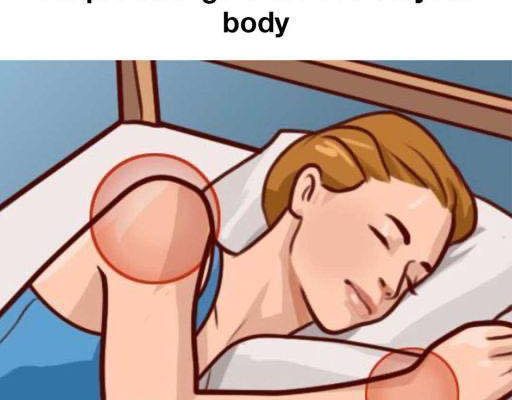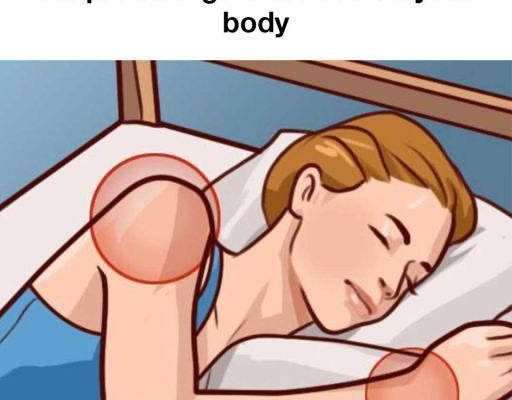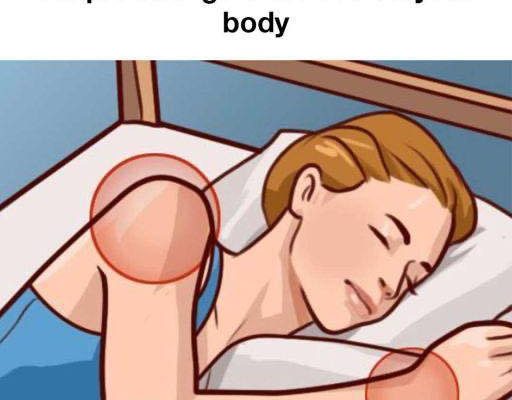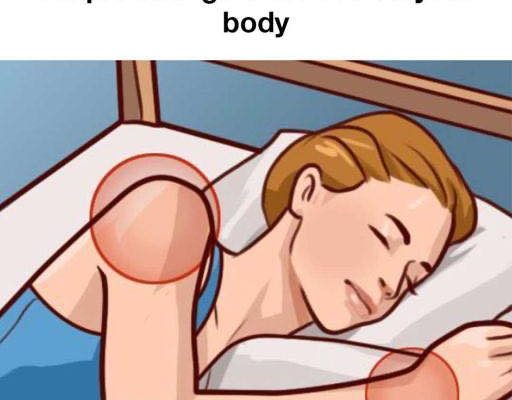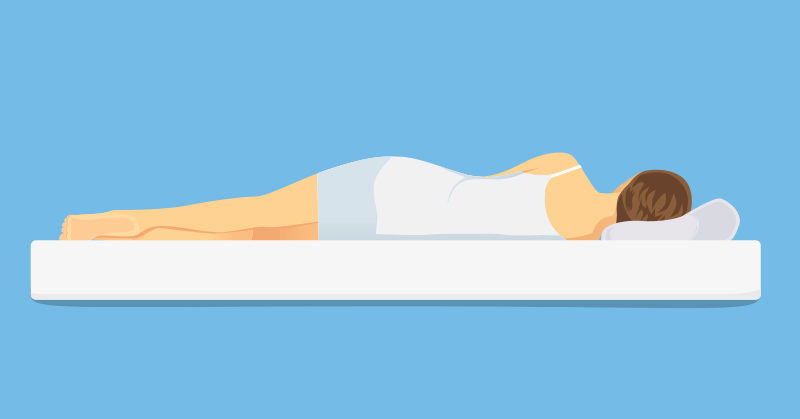How Your Sleeping Position Affects Your Health
How Your Sleeping Position Affects Your Health
How do you prefer to fall asleep? On your back? On your side? Maybe you flop face-down onto your bed every night. Perhaps you like to curl up into a little ball, or spread out and take up the entire bed. Whatever your go-to position is, we know one thing for sure: sleep is important for our health. Without enough of it, our whole body suffers. What you may not realize, however, is that your sleeping position can actually affect your sleep quality. So what is the best sleeping position? Continue reading to find out.
What is the Best Sleeping Position?
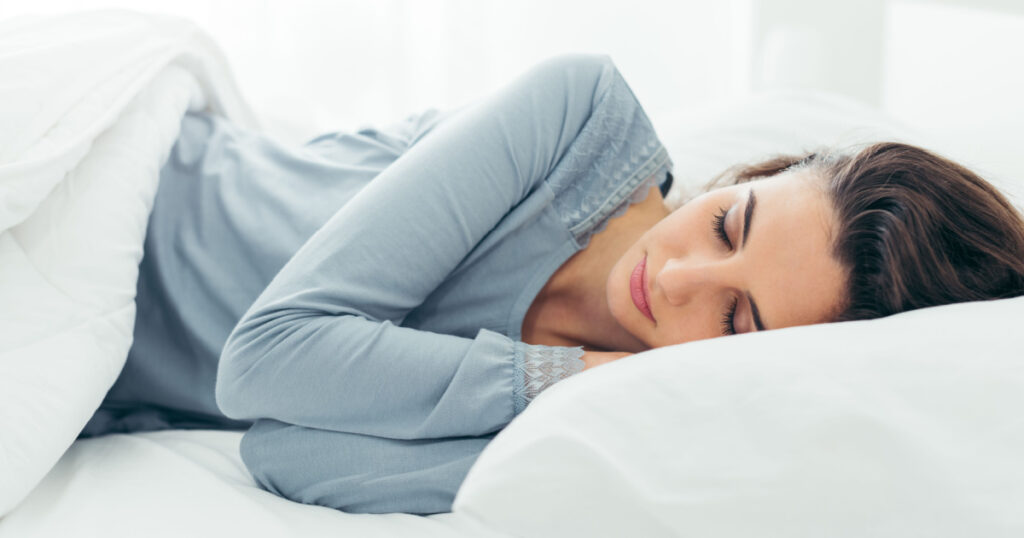
When considering which position you should sleep in, it is important to keep in mind that everyone is different. That means that everyone will have different sleep needs. If you have an injury, for example, some positions will be more or less comfortable. If you are pregnant, you may also have to change your position in order to fall asleep. That being said, depending on the circumstance, there are certain positions that are better to help you get a good night’s sleep.
Read More: 9 Reasons Why You Should Be Sleeping Naked, According to Science
The Fetal Position
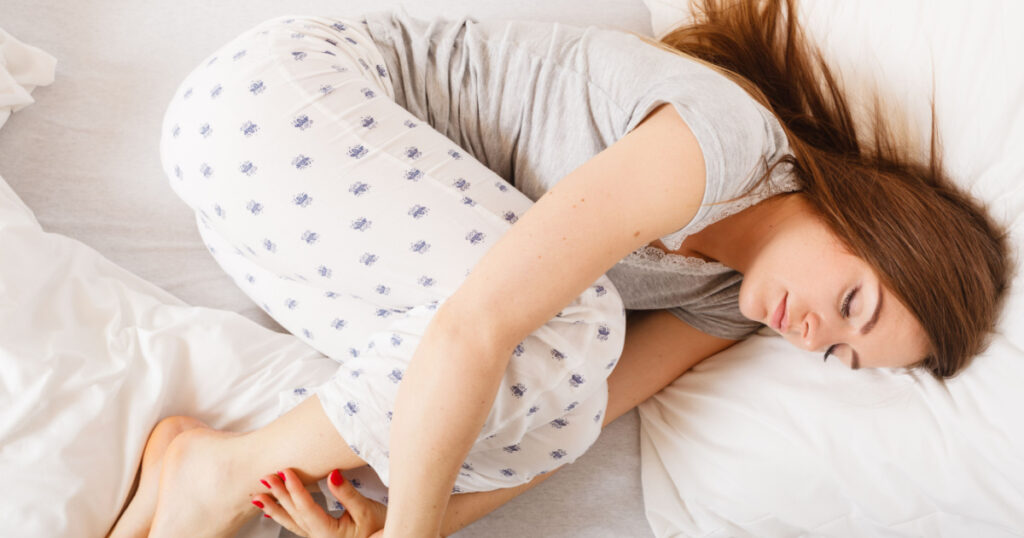
This is the most popular sleeping position and is the choice for four out of ten people [1]. The good news is, it is a healthy way to sleep for the most part. If you are pregnant, or you suffer from lower back pain, this may be the best position for you. This is because it allows your spine to rest in its natural alignment. It is also beneficial because it can reduce snoring. When sleeping in the fetal position, it is important to keep your posture loose. If you don’t, you could limit your ability to breathe deeply while you sleep. Sleeping in a tight position could also leave you feeling sore in the morning. This is especially true if you suffer from joint pain or stiffness [2]. If you are pregnant and choose to sleep in the fetal position, you should stick to lying on your left side. This improves circulation to your growing baby and can stop your uterus from pressing on your liver [1].
Sleeping on Your Side (The Log)

If you sleep on your side with both arms down, close to your body, you are sleeping in the “log” position. About fifteen percent of people prefer this position [1]. Sleeping on your side with your back mostly straight can help prevent sleep apnea. This, in turn, reduces snoring. It is also good for your spine and your neck because it allows them to stay in proper alignment. Sleeping on your left side also appears to be better than on your right. One study showed that when participants rested on their left, they were better able to digest after a high-fat meal [2]. There are a couple of downsides to this position. It can cause stiffness in your shoulders and jaw tightness on one side. Some research has indicated that this sleeping position can actually contribute to wrinkles. If you choose this position, be sure to get yourself a good pillow. It should be large enough and firm enough to support your head to avoid neck and back pain. Putting a pillow between your legs will also help keep your hips aligned to prevent low back pain [2].
Read: Sleeping Next To Someone Who Snores Could Be Damaging Your Health
Lying on Your Stomach (The Free Fall)
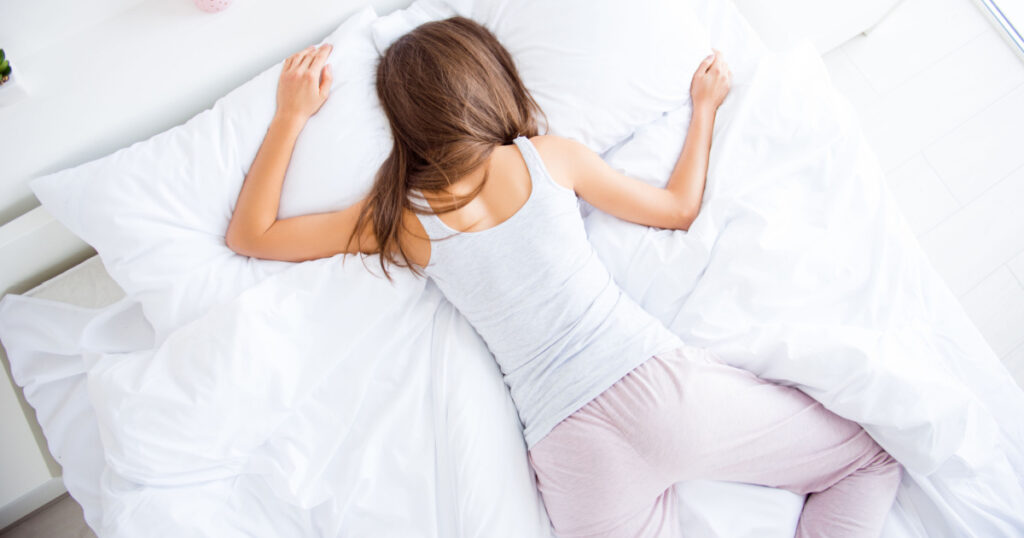
The freefall is when you sleep on your stomach, with your arms either under your pillow or on either side of your head. This position, unfortunately, is not a great choice. It can cause neck and lower back pain, and you are more likely to toss and turn. This is because it will take longer for you to find a comfortable position on your stomach. Falling asleep in this way can also put excessive strain on your muscles and joints. To improve this position, try sleeping with either a very thin pillow or no pillow at all. This will help to take away some of the strain on your neck. Placing a pillow under your pelvis may also reduce the pressure on your lower back [2].
Read More: Sleeping Next To Someone Who Snores Could Be Damaging Your Health
On Your Back (The Soldier)
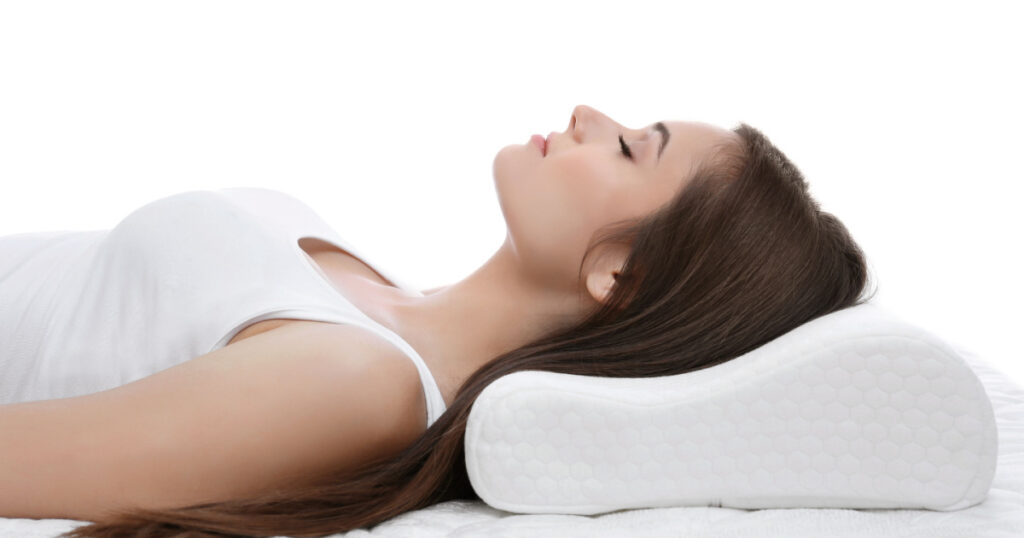
This is when you lie flat on your back with your arms at your side. The problem with this position is that it can cause snoring. Snoring can disrupt your sleep and cause other cardiovascular health problems. It is not a great position for anyone who suffers from sleep apnea, and can also cause lower back pain [1]. If done right, however, this position can actually improve back pain. According to the Cleveland Clinic, when you sleep on your back gravity keeps you in proper alignment. As long as you have the right neck support, your spine can maintain its natural curve [3]. An extra pillow behind your knees may also help improve the position of your spine. The other upside to this position is that it can also prevent wrinkles caused by your pillow or by gravity. If you choose this position, be sure to use a supportive pillow, and consider getting a second one for behind your knees. If you struggle with snoring or sleep apnea, however, consider sleeping on your side instead.
The Starfish

In this position, you’re also on your back, but your legs are spread apart and your arms are up beside your head. Like the soldier, this position can also contribute to snoring and sleep apnea. If you prefer this position, make sure you have a firm mattress to support your spine and place a pillow under your knees to keep your spine in a better position [1].
Read More: What Might Happen to Your Body If You Start Sleeping Without a Pillow
Is it Time to Make a Change?
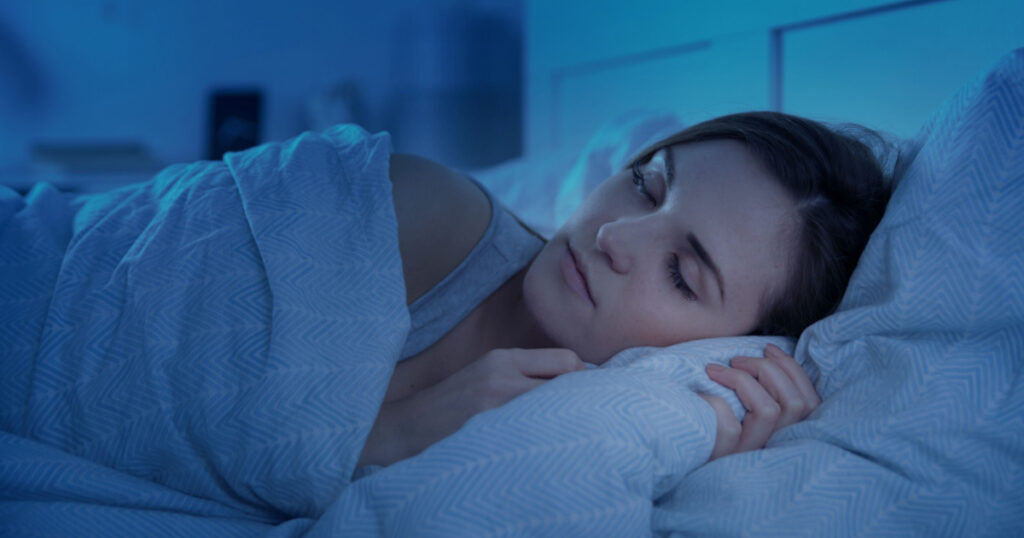
Are you sleeping in the best possible position for you? If you are not having a restful sleep, or you’re waking up with aches and pains, perhaps it’s time to change things up. You may not need to change position but simply add an extra pillow here or there to improve your comfort. If you’re thinking about changing your position, remember to be patient. Switching away from something that you’re used to can take time, and you may even find initially you have more trouble falling asleep. Of course, if you’re having difficulty sleeping, make sure that you’re addressing the other factors that could affect your sleep. Too much caffeine or not enough exercise can both reduce your sleep quality. Establishing a bedtime routine can also help you to relax before bed so you can sleep better [2]. Sleep is important, so if you’re not getting enough it’s important to address the reasons why. Of course, you may not be experiencing any issues with your current sleeping position. If that’s the case, then continue to enjoy a good night’s sleep.
